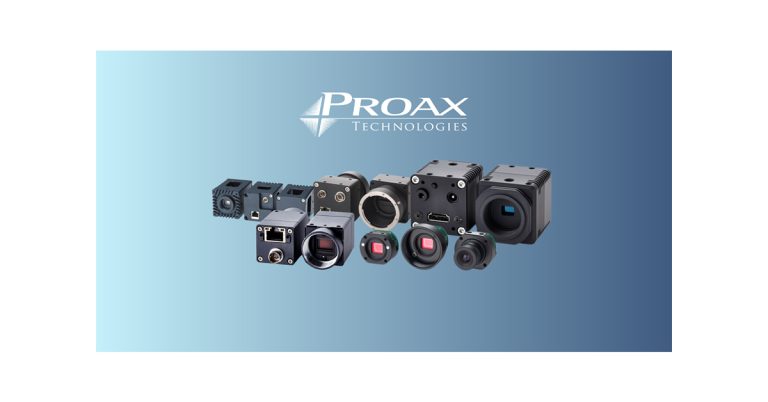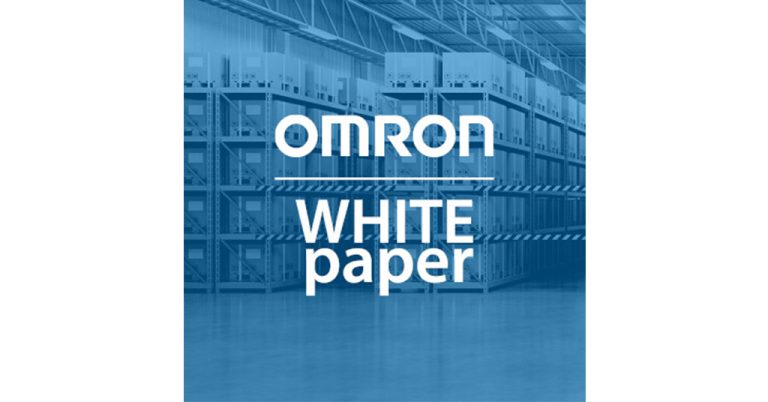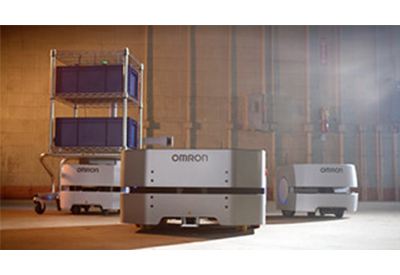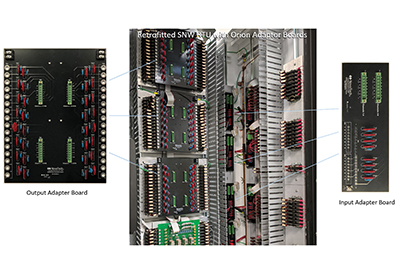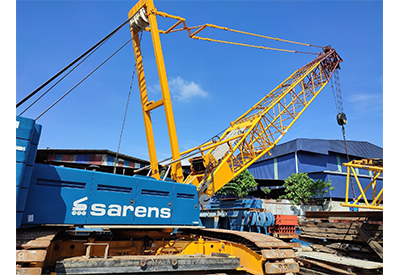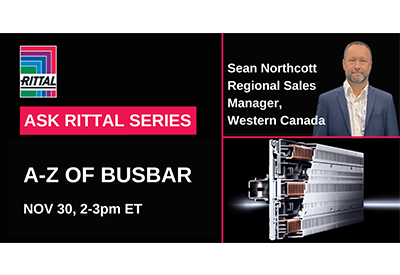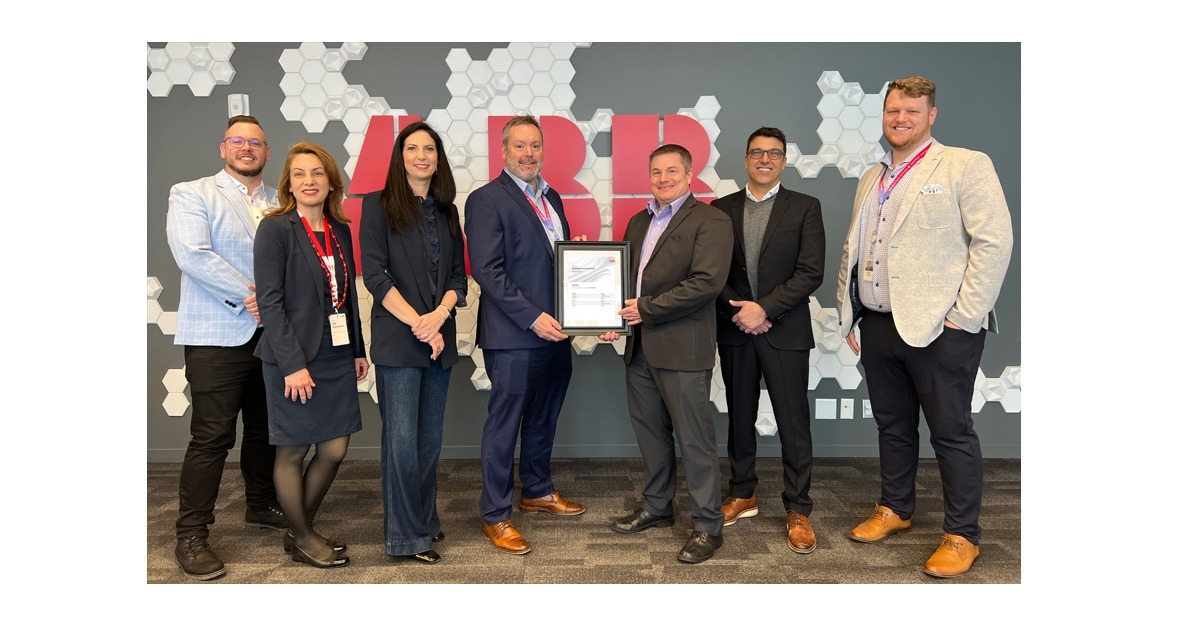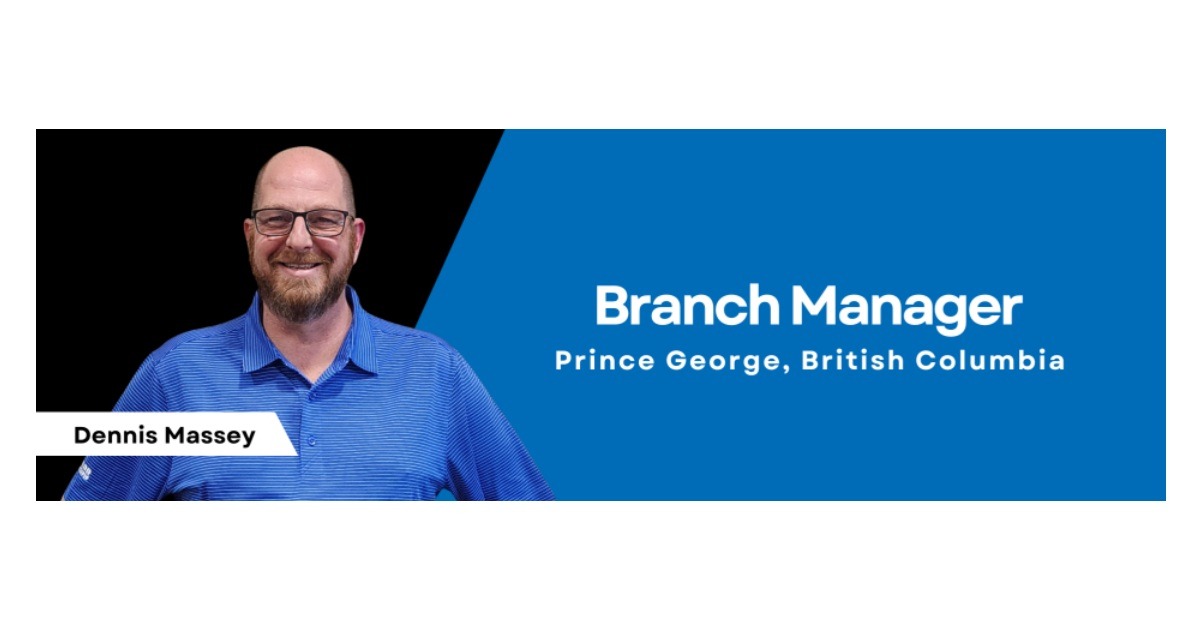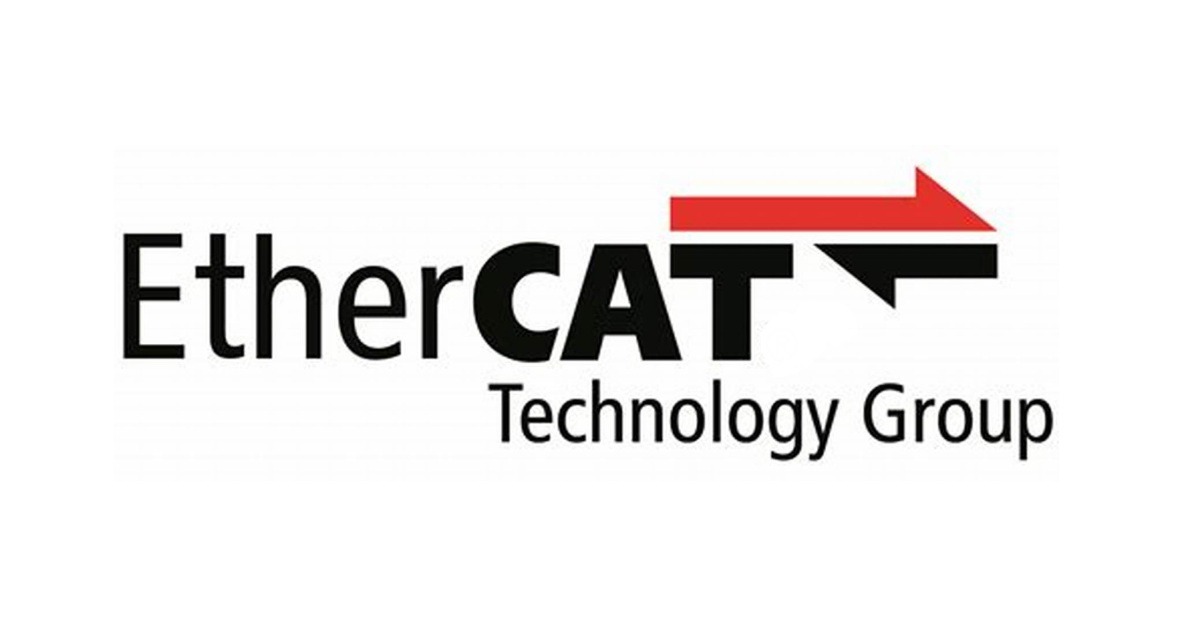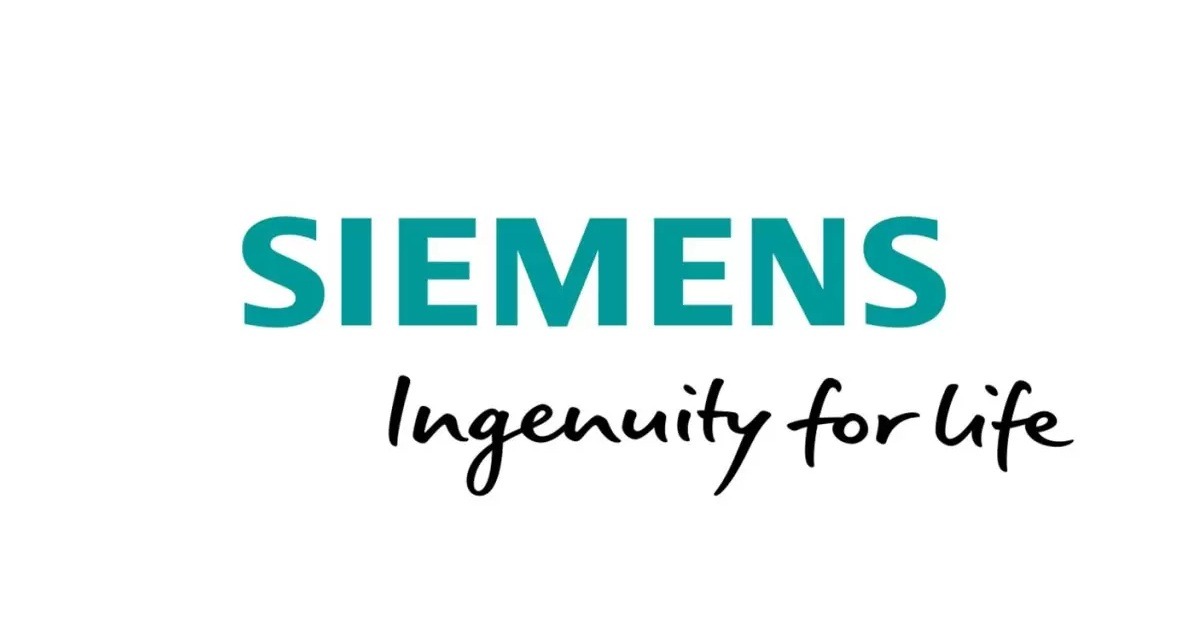Why Motor Control Panel (MCP) vs. Motor Control Center (MCC)?
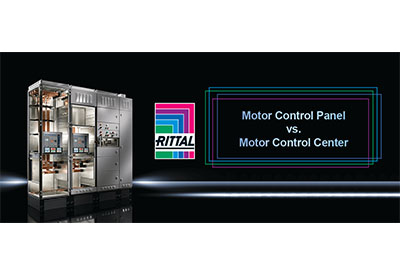
February 15, 2022
What Is a Motor Control Panel?
In today’s industrial manufacturing space, it’s never one thing. Processes are connected, workflows are unified, and decisions in one arena have ripple effects that can impact an entire industrial ecosystem.
No one knows this better than systems integrators, who are tasked with coming up with new and better industrial automation solutions every day. In order to solve their customers’ challenges, today’s systems integrators need the capacity for streamlined panel building and switchgear manufacturing — and a partner who is one step ahead when it comes to innovative product engineering.
For large engineered industrial processes, power distribution can be very complex. Using a control panel is an efficient solution to include all the starters and motor components required. Each motor was connected separately to a starter, and that starter was individually mounted or contained in a larger control panel. All components are then controlled by the same power source.
What is Traditional Motor Control Center (MCC)?
The Motor Control Center (MCC) came as a solution to the problem of all components being controllled by the same power source. The Motor Control Center utilizes busbars, which the components (starters, contactors, circuit breakers, VFDs and such) are mounted on. The components still share the same source of power but with the use of horizontal and vertical busbars, they are designed in such a way to easily be plugged/unplugged while the machine is working without needing to turn it off — hot swappable feature.
MCC has been the solution for decades; although it requires detailed engineering drawings, MCC has made maintenance very easy for the staff looking after that process. One can disconnect individual starters without turning off the entire machine to fix any issues. The more complicated the process, the more likely an end user will use an MCC.
MCC is usually designed and supplied by electrical manufacturers such as Siemens. In MCC, each starter is fitted into an enclosure, a “bucket”. Each bucket is designed and manufactured based on the engineering drawings and component specifications by the original MCC manufacturer. Thus, scaling an MCC and adding components can be very costly to the end user.
Rittal Motor Control Panel (MCP):
MCP offers the best of both worlds: the efficient component organization of a control panel and the busbar systems utilized in MCC for optimal distribution of current and decreased resistance.
Rittal’s new MCP solution offers many benefits such as Speed of design and build, Customization from standard parts, Flexibility of design, Cost-effective integrated solution, Self-configuration possibility with EPlan, Direct Support from the manufacturer, E.B. Horsman & Son, and more.
Rittal’s MCP is constructed from the world-leading TS 8 range of enclosures offering a totally modular construction. Based on proven TS 8 architecture, the perfect solutions to address motor control, power management and quality control challenges.
Rittal MCP Features:
TS 8 modularity
Constructed and readily extendable from the world-leading TS 8 range of enclosures with infinite possibilities offering excellent modularity and space.
Read More about TS 8
Mounting panel adjustment
Innovative internal compartment system allows easy and rapid adjustment of mounting the depth of the plates
Compartment choices
Wide choice of compartment sized from 150 mm through to 2200 mm and large cable chambers
Air Circuit Breaker options
ACB can be flush mounted or mounted behind the door in no time
Accessories
Wide range of accessories to cater to every situation and need
Materials
The ability to configure over a wide range of short circuit ratings up to and including 100 kA. With current ratings available up to 3200 amps, the system distributes power safely and reliably, complete with separation up to Form 4 (BS EN 60439-1) so that a well engineered, cost-effective solution is achieved
How can we help you find an MCP Solution?
- – What sets Rittal apart from other industrial automation partners is the capacity to meet these needs reliably and quickly in order to help systems integrators engineer the scalable industrial automation solutions necessary to remain competitive and agile in a crowded marketplace.
- – Don’t worry about rewriting your engineering specs, we’ll take care of that for you. We partner with local system integrators who are experienced in MCP designs to rewrite your drawings.
- – Sourcing your MCP solution from a local distributor gives you access to local stock, faster delivery, and convenient part replacement.

